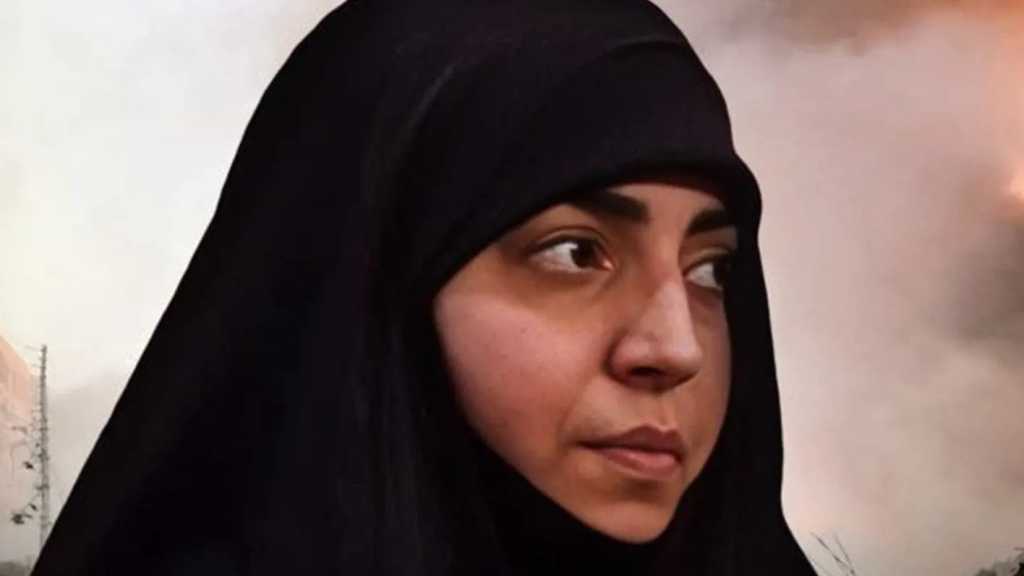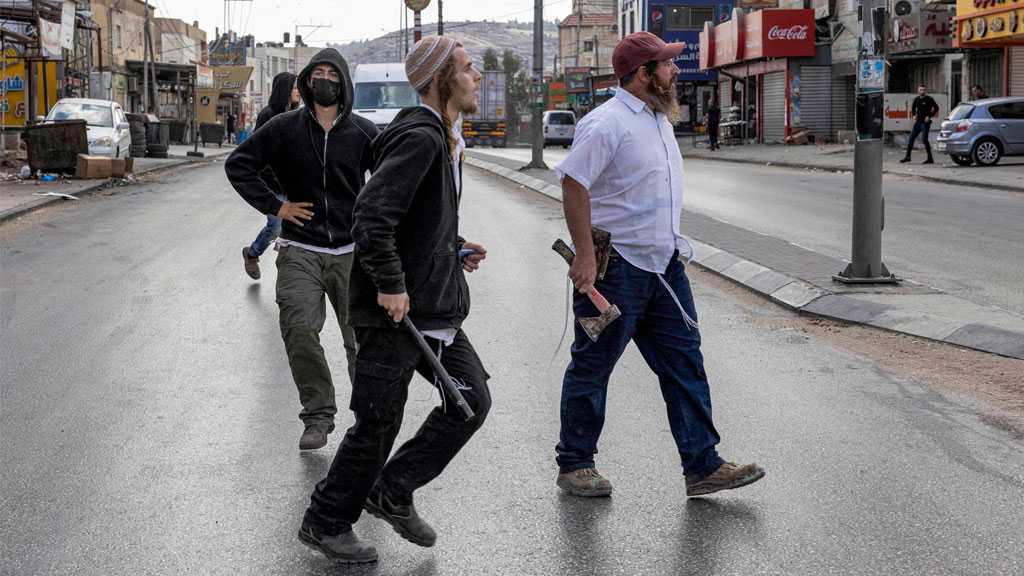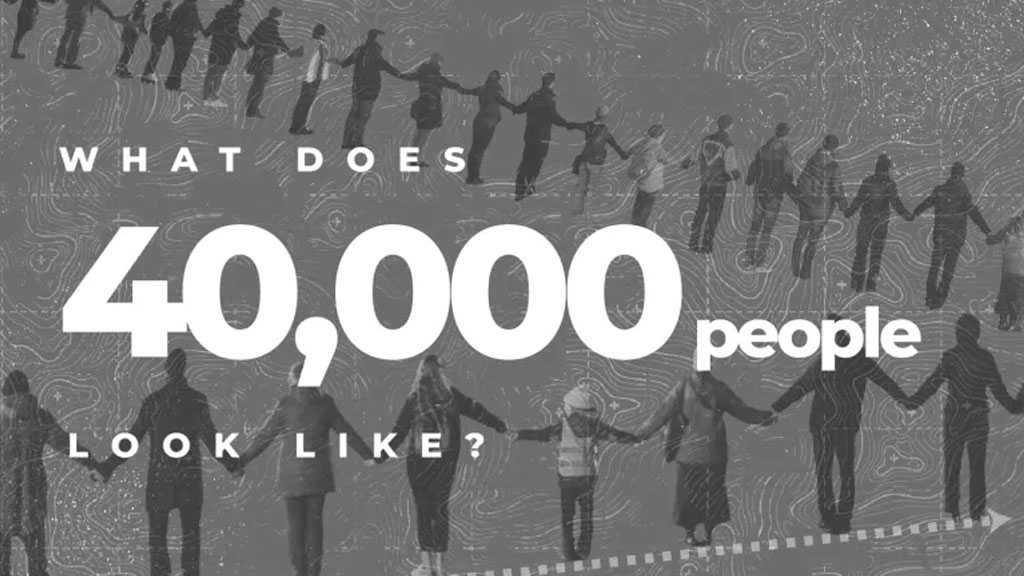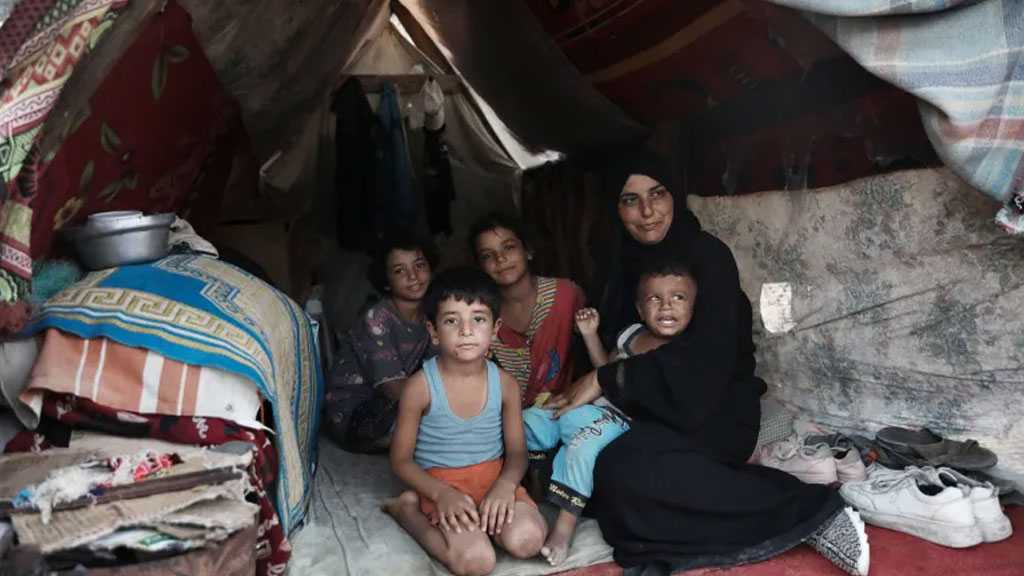
What It’s Like Giving Birth at Home in Gaza

By Maha Hussaini in Gaza | MEE
Using paper scissors, plastic clothes pegs and the dim light of mobile phones, Nour Moeyn cut the umbilical cord of her newly born niece.
Under intense ‘Israeli’ bombardment, there was no equipment or electricity for the 25-year-old nurse to use while delivering her sister’s baby to the sound of air strikes and artillery.
The nearest hospital to them in the Gaza Strip was open. But the family just couldn’t risk leaving the house in the middle of the night and walking to the hospital while the neighborhoods around them were under attack.
Besides, hospitals and ambulances in Gaza have been overwhelmed with Palestinians killed or wounded by ‘Israeli’ attacks. Moeyn’s sister Aya had no choice but to give birth at her family home, where she had been displaced too early in the war.
"At around 1 am, Aya's labor pain started and it was very strong so that she could not bear it. Within half an hour, the baby's head started emerging and we had to act immediately,” Nada Nabeel, Aya’s 31-year-old sister-in-law, recalled to Middle East Eye.
“Of course, we could not even think of going to the hospital as it would have been a death sentence for Aya, the baby, and everyone who would accompany her. The bombing was intense and we could hear ‘Israeli’ tanks moving in the nearby areas."
Though Moeyn has assisted doctors delivering babies and performing caesarean surgeries in the past, she had never done it alone. “But she decided to do the job, or else her sister and the baby would die,” Nabeel said.
One of the most basic issues performing such a procedure at home at night is the lack of electricity.
Soon after 7 October, ‘Israel’ cut all electricity and fuel supplies to the coastal enclave. Since then, Palestinians have relied on candlelight, battery-powered LEDs and solar panels.
Yet none of these were available in Aya’s family home.
"During the war, we have got used to sitting in darkness, sometimes with a small candle or an LED light. But this time we could not rely on the candlelight, and although our phone batteries were going to die, all of us switched on the torches on our mobiles to help Nour see properly," Nabeel said.
Aya, her husband, and their two children left their home on al-Rimal Street in central Gaza City during the first week of the war, and took refuge in her family's home in the al-Sahaba neighborhood to the east.
It has several floors and apartments, so the entire extended family have been welcomed.
During times of war, families in Gaza tend to gather in one place, seeking protection and comfort. There is a common desire to live together or die together.
Nabeel described the birth of the newest member of the family as something out of a movie scene and “beyond reality.”
"Women were directing their torches towards Aya and men outside were praying for her safety. Everyone in the building, all the displaced people in all the apartments, were awake and repeating 'ya rab, ya rab' [Arabic for oh, God]," she said.
"The sounds of bombing were very loud, mixed with Aya’s cries as she struggled to give birth and the voices of her relatives and other displaced people praying and telling her to stay strong and hang on. Everything was surreal. No matter how much I describe the details, no one would imagine the scene.”
No medical equipment
The ‘Israeli’ military has destroyed 52 medical facilities and 56 ambulances in the Gaza Strip, according to the Palestinian health ministry, and killed at least 283 healthcare professionals. Around 18,000 Palestinians have been killed so far, the vast majority civilians.
Aya's family did not expect her to give birth so soon, so no emergency plans had been agreed. Without medical equipment, they just had to use domestic items they found at home.
"Time was running out and we feared for the baby's life as Nour and Aya were struggling to get her out. Sounds of prayers were rising and I was holding my mobile with the torch, reading the Quran, and crying," Nabeel continued.
"A few minutes later, the baby was finally born and once she got out, Aya and everyone burst into tears. It was a moment of relief for all of us. Nour hugged Aya tight and kissed her on the forehead, and the displaced people were cheering and thanking God."
Nabeel said they were able to get by with sanitized paper scissors and clothes pegs, but when it came to the afterbirth there was nothing appropriate at hand to deal with it.
“Nour had to perform the postpartum care with her bare hands, cleaning Aya’s womb and extracting the placenta manually. And thankfully, she did not have to cut part of her vagina during the delivery, so she did not need to stitch her,” she added.
“The next morning, they went to the al-Sahaba [medical] compound to check on Aya's and the baby's health, and thank God they were in perfect condition."
According to Dr. Adan Radi, an obstetrician and gynecologist at the al-Awda Hospital in the northern Gaza Strip, there are around 55,000 pregnant women in Gaza who need regular healthcare.
“We named the baby Massa [Arabic for diamond] because the conditions in which she was born were unusual, but also because she is precious and stubborn,” Nabeel said.
“She insisted on coming to life under all these circumstances."



